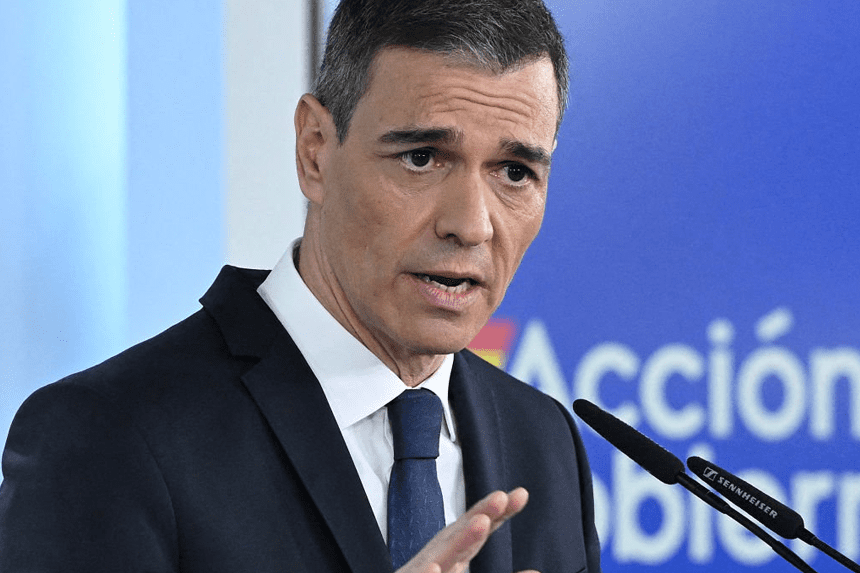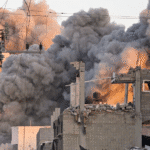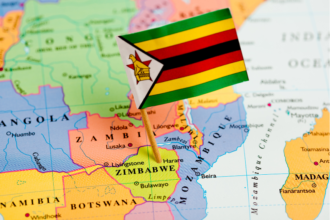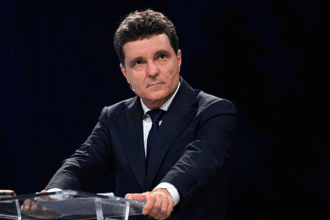Rapidly rising among the most important political events in recent Spanish history is the Pedro Sánchez corruption affair. Allegations of high-ranking Socialist Workers’ Party (PSOE) members engaged in a kickbacks-for-contracts scheme started the debate. Although Sánchez personally is not accused of any misbehavior, the controversy casts a lasting shadow over his political judgment and leadership.
Santos Cerdán, the now-resigned PSOE secretary, is at the center of the affair. Following allegations by Spain’s Civil Guard that Cerdán deliberately engaged in public contract awarding in exchange for illegal payments, Cerdán is under investigation by the Supreme Court. These claims result from a four-year probe including taped chats involving several important people and wire taps.
Sánchez said at a recent press conference that he had been mistaken in depending so much on Cerdán. “There must be zero tolerance when it occurs,” he continued, “but there is no such thing as zero corruption.” By saying this, Sánchez tried to demonstrate that he is still dedicated to moral government, even though mistakes have happened.
Who else fits the claims?
The Pedro Sánchez corruption crisis now extends outside Cerdán. Furthermore,e under investigation are former Transport Minister José Luis Ábalos and his advisor Koldo García. Transcripts released in Spanish media claim that these people spoke about payments valued at more than €620,000.
Ábalos resigned from the PSOE in early 2024 and had previously been taken out of his ministerial post in a 2021 cabinet change. He insists on his innocence even if he is an independent MP nowadays. García also denies any wrongdoing; however, she has been directed to testify in court with Cerdán and Ábalos.
Based on information acquired from phone calls and internal papers, the investigative report of the Civil Guard indicated Cerdán would have had complete awareness of these contacts. This change has not only rocked PSOE from within but also stoked demands for more openness from the opposition. Read another article on Non-EU Property Tax in Spain Rises to 100%
How Has Sánchez Deleted the Political Damage?
Pedro Sánchez has reacted fast—if not defensively—to the worsening circumstances. Sánchez has refused to resign even if calls for his departure have gotten louder. Rather, he apologized to Spanish people and restated the objectives of his government during his recent media appearance.
“This is about ensuring clean politics and democratic renewal,” Sánchez stated, “not about me or the Socialist Party.”
The prime minister underlined that he distanced himself from individuals under investigation and that he had no knowledge of the misbehavior. He declared intentions to reorganize the party’s leadership and implement more rigorous internal checks in order to minimize harm.
Significantly, Sánchez also decided against any early elections, stating that his coalition government will last until 2027. This comment seemed meant to keep the equilibrium among political upheaval.
What Opposition Comment Is Made?
This occasion has been seized by the opposition to challenge the moral character of the present government. Especially outspoken has been Alberto Núñez Feijóo, leader of the Conservative Popular Party. Declaring, “Survival is no more an option,” he insisted on Sánchez’s quick departure.
The Popular Party staged a big demonstration in Madrid’s city center over the weekend. Gathering beneath the slogan “Mafia or Democracy,” tens of thousands of protestors demanded responsibility and openness. The message was clear: many Spaniards today see this crisis as representative of more general issues inside the Sánchez government.
Feijóo also advised the coalition mates of Sánchez to keep their distance. “There is no firewall strong enough,” he said to reporters, implying that silence meant agreement.
What about the Coalition Partners of Sánchez?
Sánchez has been adamant, but pressure from inside his coalition is also building. Representing the left-wing Sumar party, Deputy Prime Minister Yolanda Díaz said she would like more explanation. Her remarks indicate increasing discontent inside the coalition, even though she has not stopped supporting it.
Díaz’s demand for justifications points to a careful political equilibrium. Sánchez has to guarantee internal unity among his friends in addition to handling the outside pressure.
Following the 2023 general election, where the Popular Party obtained the most seats but failed to create a ruling majority, Sánchez assembled a coalition. Dependent mostly on strategic agreements with smaller parties, his minority government has stayed precarious.
Has this happened before under Sánchez’s tenure?
Sánchez has gone through a possible crisis of leadership before. A court started preliminary investigations against his wife in April 2024 on her commercial activities. Sánchez briefly withdrew from public service at that point to consider his political future. Five days later, he chose to stay in office.
Still, the Pedro Sánchez corruption affair poses a more serious institutional threat. It concerns several people close to the prime minister and indicates claimed systematic shortcomings instead of individual events.
How may public confidence be rebuilt?
Sánchez has to start concrete, open actions to regain confidence. First, the transformation promised by party leadership must be quick and significant. Priority should be internal audits, independent supervision, and tougher ethical standards.
Second, he has to interact often and precisely with the people. Not political evasion, but honest leadership is what Spanish people demand. Although Sánchez’s apologies started something, ongoing responsibility will be more important.
At last, Spain’s court has to be allowed to investigate freely from political influence. Whether or if Sánchez survives this political crisis, his handling of it will affect public opinion for years to come.
In conclusion, what does the leadership of Spain have ahead?
For Spain’s democracy, the Pedro Sánchez corruption scandal defines events. It has sharpened long-standing issues with political ethics by bringing them front stage. The nation watches warily and demands answers rather than excuses as the inquiry progresses.
The leadership of Sánchez is at a junction. He has to show that his dedication to democratic integrity goes beyond words. He might yet guide his country through the crisis if he can carry out genuine reforms and show strong will.








